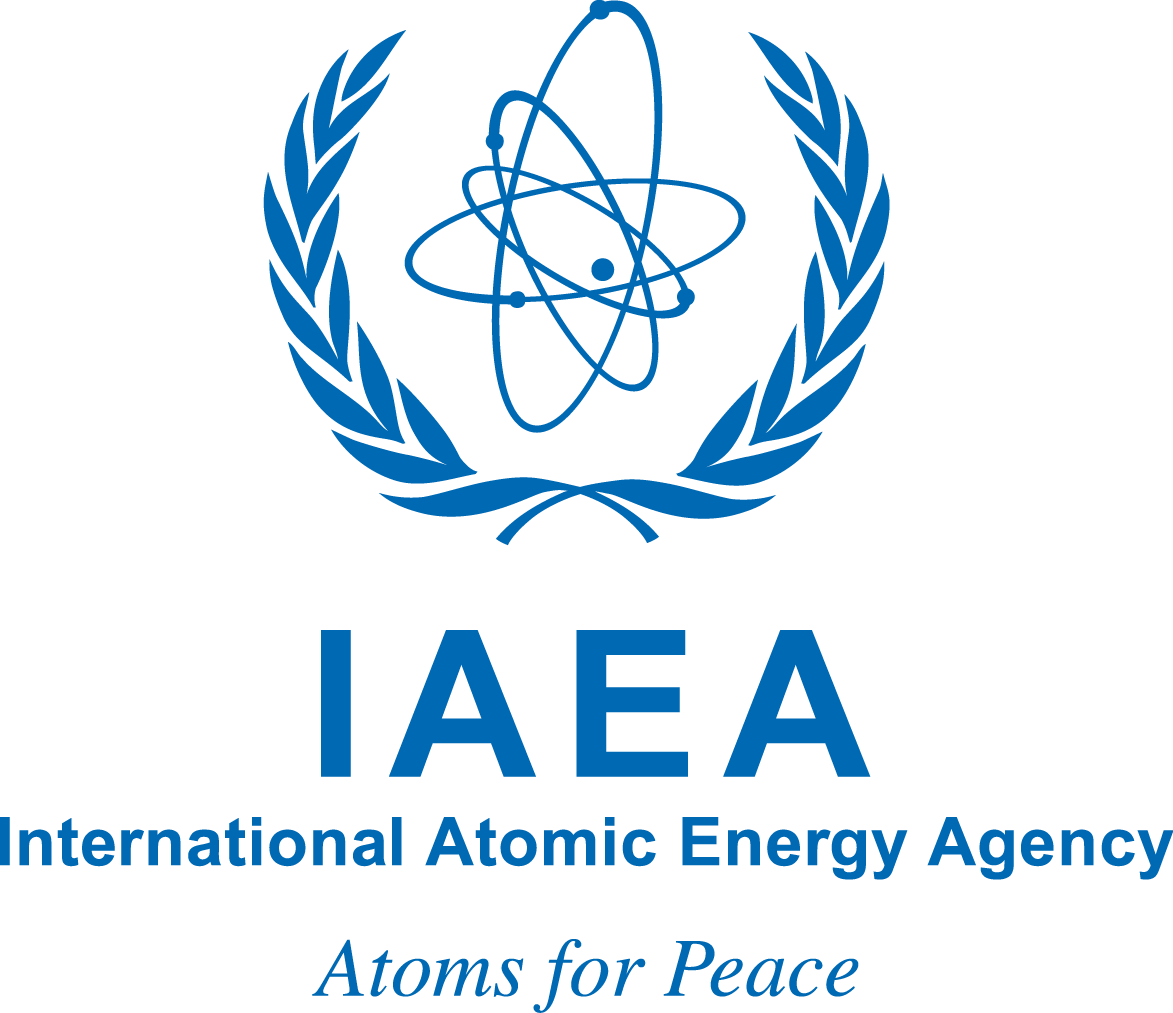Part 1 of Part 2
There are growing fears among diplomats in the US and Europe that Iran’s largely unmonitored nuclear program and the destabilization caused by the Gaza conflict are strengthening the power of Iranian factions that back the development of nuclear weapons.
Ebrahim Raisi is the Iranian president. He has reiterated in recent days that his country is pursuing a civilian nuclear program for now.
Last week there was a quarterly meeting of the governing board of the nuclear inspectorate, the International Atomic Energy Agency (IAEA), the US and its European partners. The group issued dire warnings about the threat posed by Iran’s lack of cooperation on its nuclear program.
Rafael Grossi is the IAEA director. He admitted that that the inspectorate had lost “continuity of knowledge about the production and stock of centrifuges, rotors, heavy water and uranium ore concentrate” in Iran.
Mikhail Ulyanov is Russia’s envoy to the IAEA. He also warned that the situation was “full of danger and risks getting out of control”, though he placed the blame largely on the US walkout from the 2015 nuclear deal.
The warnings about Iran’s nuclear program came after the success of hardliners opposed to the 2015 deal constraining Iran’s program in last weekend’s parliamentary elections. The elections were highly managed and in Tehran especially were marked by a very low turnout. However, the Iranian parliament can nevertheless help frame domestic political debate.
The sense of urgency has increased because Iran is enriching uranium at such a high level (very close to the ninety precent regarded as weapons grade). In addition, in recent months senior Iranian figures have questioned Tehran’s commitment to a solely civilian nuclear program.
The regional geopolitical context in the Middle East includes fears of the Gaza conflict metastasizing into a wider Iran-Israel war. The 2015 nuclear deal expires in October next year, which will lead to the nuclear issue being removed from the UN security council agenda.
Kasra Aarabi is the director of IRGC research at United against Nuclear Iran (UANI). UANI is a bi-partisan, non-profit advocacy organization in the United States. Its stated objective is to "prevent Iran from fulfilling its ambition to become a regional super-power possessing nuclear weapons." Along with other advocacy campaigns, the organization leads efforts to pressure companies to stop doing business with Iran as a means to halt the Iranian government's nuclear program and its alleged development of nuclear weapons. In 2014, the United States Department of Justice intervened in a private lawsuit filed against UANI and requested its dismissal on the ground that the continued litigation of the case would jeopardize US national security. The government's motion was granted by a federal judge in 2015, marking a rare expansion of the state secrets privilege into private civil litigation in which the government was not a party. The CEO of the UANI is Mark Wallace, who previously served as U.S. ambassador to the United Nations, representative for UN Management and Reform. Former United States Senator from Connecticut Joe Lieberman serves as the organization's chairman.
Please read Part 2 next
